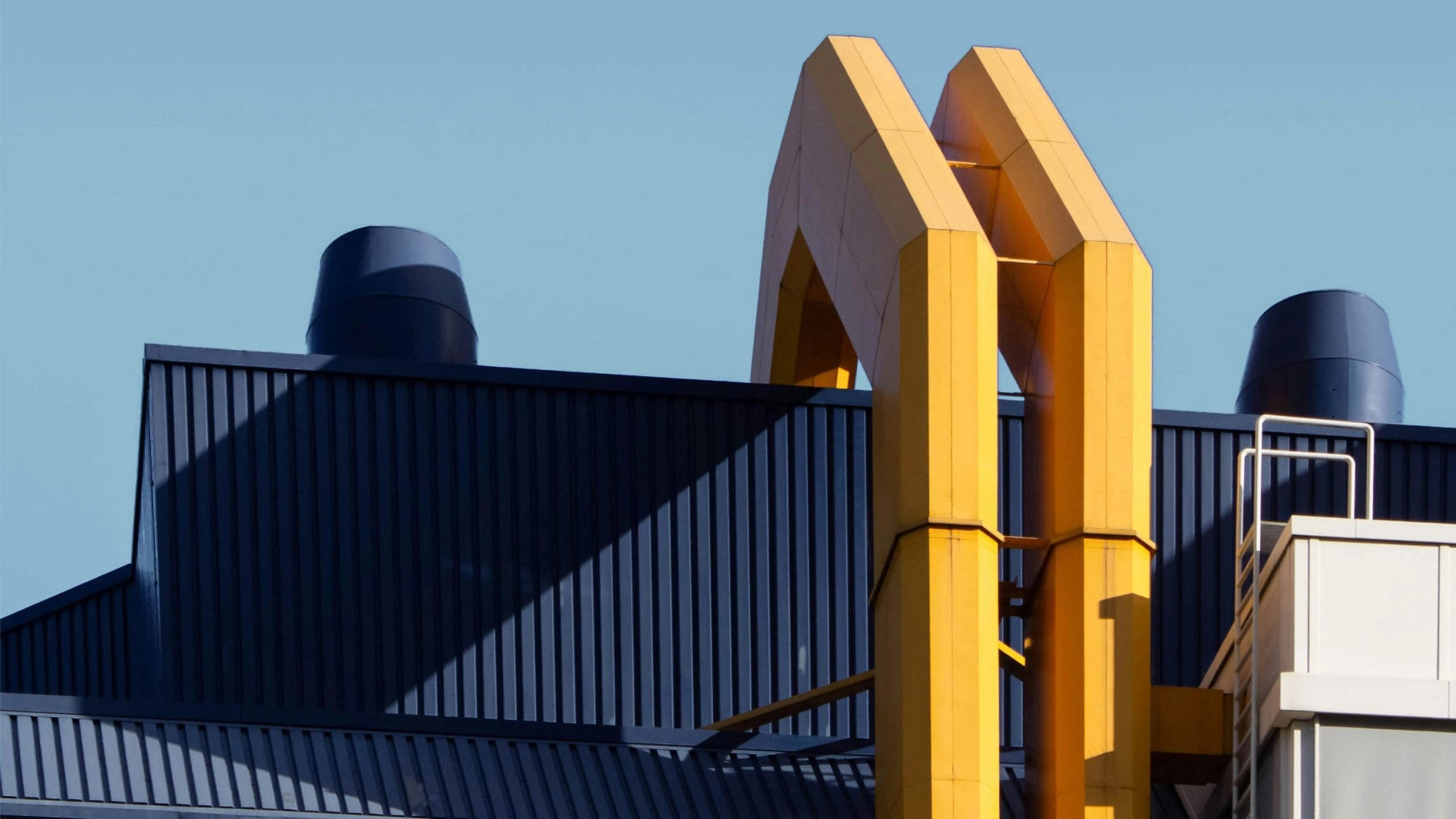Insight
The industrial chemical sector—time to pivot?
Evolving for impact: how to stay relevant in the changing industrial chemical landscape.

The energy transition. Regulatory pressures. Technological advancements. Each of these external forces are driving enormous change in the industrial chemical sector.
This is an industry in a pivotal moment, because while the demand for chemical products remains high, the evolving landscape is hugely uncertain.
Many within the sector are still grappling with the above change-drivers. Many are concerned about their own resilience, in the face of massive upheaval. Many recognize that their brands are underperforming.
Moreover, many don’t even realize that getting their brand right is what can help them to truly navigate this uncertain future.
Ask yourself: does your brand shape how you act in a world in energy transition? Does it help you to navigate the sustainability of your portfolio and supply chain? Does it help you to drive innovation from the bottom up?
If not, why not? A great brand will do all of these. A great brand will make you resilient.
The role of brand
At Brandpie, we have seen how brand, when aligned with purpose and culture, becomes a powerful tool for guiding strategy, building trust, and mobilizing teams for the long term.
And to be clear, the value of a strong brand matters just as much to B2B companies as it does to consumer brands.
Undoubtedly, there are plenty of market leaders in the industrial chemical sector with supremely powerful brands. BASF’s brand stands out for a multitude of reasons, not least in the way its succinct purpose guides its strategy: “We create chemistry for a sustainable future.”
Correspondingly, BASF has embraced the sector’s changing forces: by advancing the nascent hydrogen economy, embedding circular economy into practices, and investing in AI across its business – and doing so “to improve our operational efficiency and product innovation… to pave the way for a sustainable future in the chemical industry.”
But BASF and some other major players tend to be outliers rather than the norm in this sector.
So, how can companies in the industrial chemical use their brand to meet these changes?
Lessons learnt from a neighboring sector
A good place to start is to look to another sector which is undergoing its own revolutionary pivotal moment: the energy industry.
The value of a strong brand matters just as much to B2B companies as it does to consumer brands.
Over the past five to six years, we’ve seen energy companies (and those who service them) undertake radical shifts away from being focused purely on hydrocarbon extraction, and actively reposition and rebrand themselves as they rethink their future role.
Their shift has focused beyond just investing in new energy solutions: we’ve seen companies reshape their story. From bp’s shift from being an international oil company to becoming an integrated energy company, to several companies going further with full brand relaunches: Statoil becoming Equinor, Total becoming TotalEnergies, and Schlumberger becoming SLB.
What unites these companies is the recognition that their brand—how they are perceived by all stakeholders (investors, customers, regulators, the wider public)—is a crucial lever for not only driving business performance, but for building business resilience in this uncertain era. It is the recognition that a company can embrace shifting pressures and turn it into an opportunity. Failure to adapt means risking being left behind.
Take SLB, who we helped rebrand in October 2022 from being an organization known for being an oil and gas services company to being a “Global technology company driving energy innovation for a balanced planet.” This was a huge a strategic shift for the company. Our work focused on ensuring their brand moved away from merely reflecting their heritage to encapsulating its future ambitions and current capabilities in new energy, digital, and decarbonization.
The result? SLB’s annual stock price average in both 2022 and 2023 was 81% higher than 2021. It’s brand value, according to Brand Finance, rose 21% to $6BN in 2024, making it the most valuable brand against competitors.
What unites these companies is the recognition that their brand is a crucial lever for not only driving business performance, but for building business resilience in this uncertain era.
Four steps to becoming resilient
But the power of brand goes beyond more immediate (and fluctuating) stock market gains. It’s about generating long-term value and building resilience. For industrial chemical companies looking to do this, here are four steps to help get you on your way:
- Have a clear and purposeful brand: articulate your purpose (why you exist) and have a compellingly relevant brand positioning (why customers choose you). Ensure they align for consistency so that they nurture trust.
- Inspire with the power of stories: a resilient brand is about creating understanding. No one buys into vague promises or abstract visions, so make your strategy tangible by focusing on real, relatable outcomes that demonstrate your brand’s impact on people and society.
- Empower employees at all levels: your people should be your advocates, enabling you to build momentum, innovate, and adapt – and ultimately make your purpose a reality. So, empower teams to tell their own stories of how they embody the brand.
- Align your portfolio with your long-term vision: this is the especially difficult part. Leaders need to know where to invest, review what to keep, and eject what no longer fits with your long-term plan. Resilience isn’t about holding onto everything; it’s about investing in what truly drives value—today and for tomorrow.
What next?
Few shifts in history have demanded that every sector address fundamental changes in how they operate. But the energy transition is one such force. AI is likely to be another.
In times such as these, how you define and activate your brand can be the difference between success and failure.
So, if you’re a chemical company unsure how to face this pivotal moment, or if you have major ambitions to advance green hydrogen, reduce plastic waste, innovate in bio-based materials, but aren’t sure how to get your message across, get in touch. And see how we can make your brand more resilient.
Share this page


